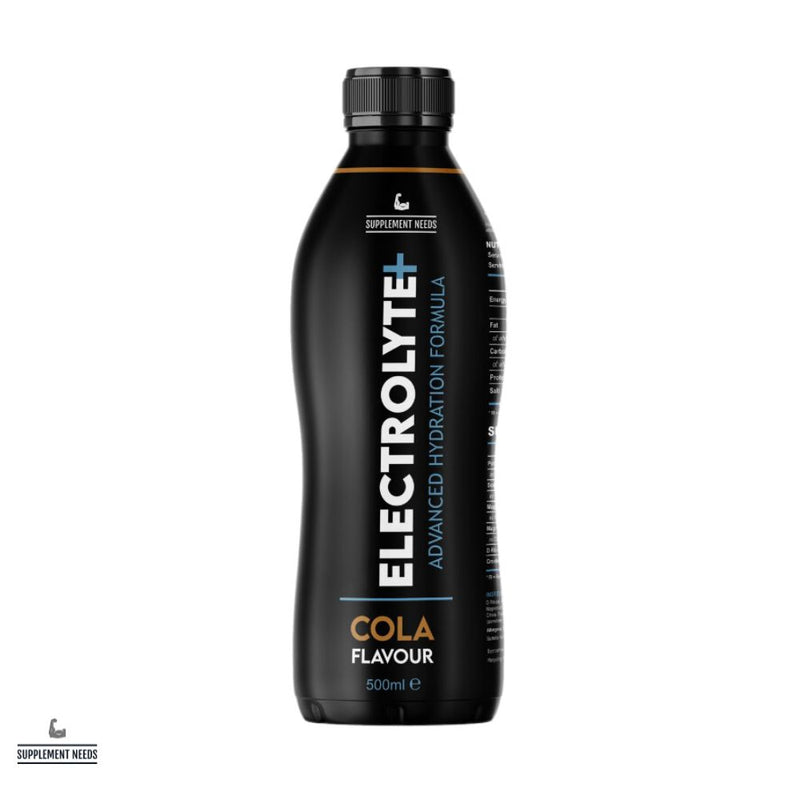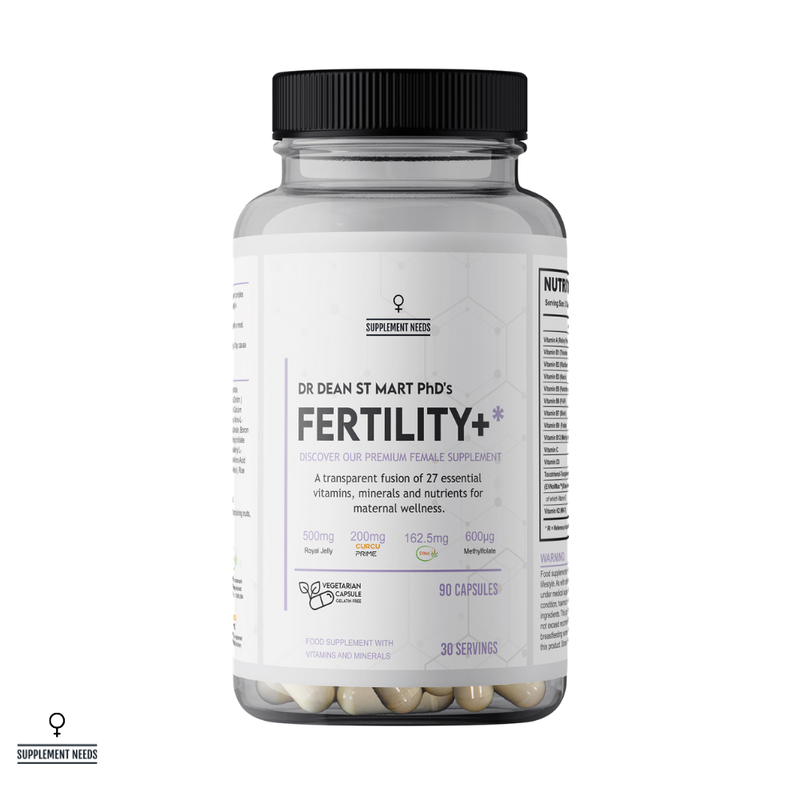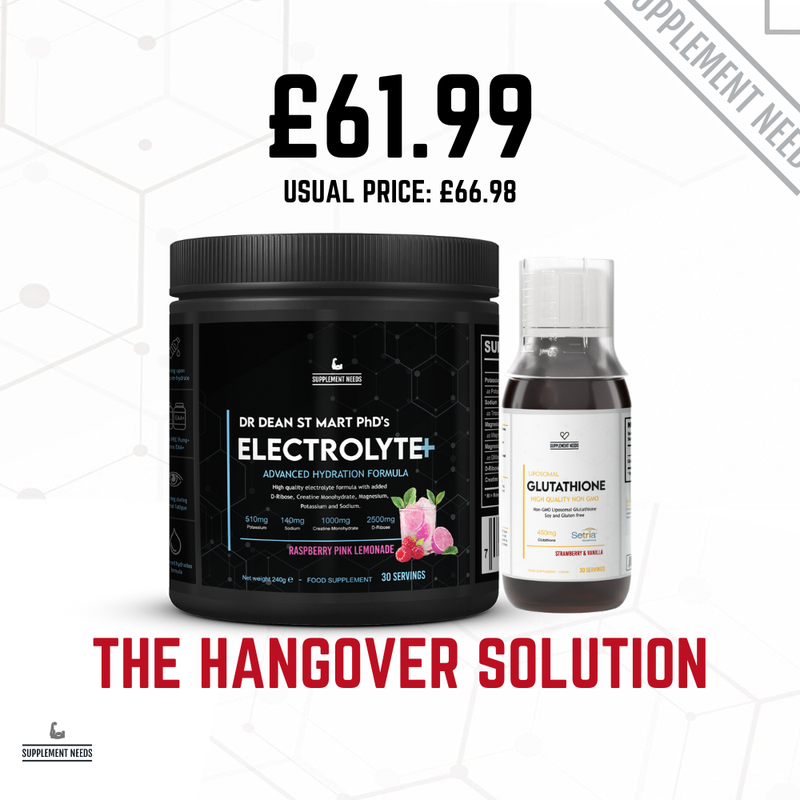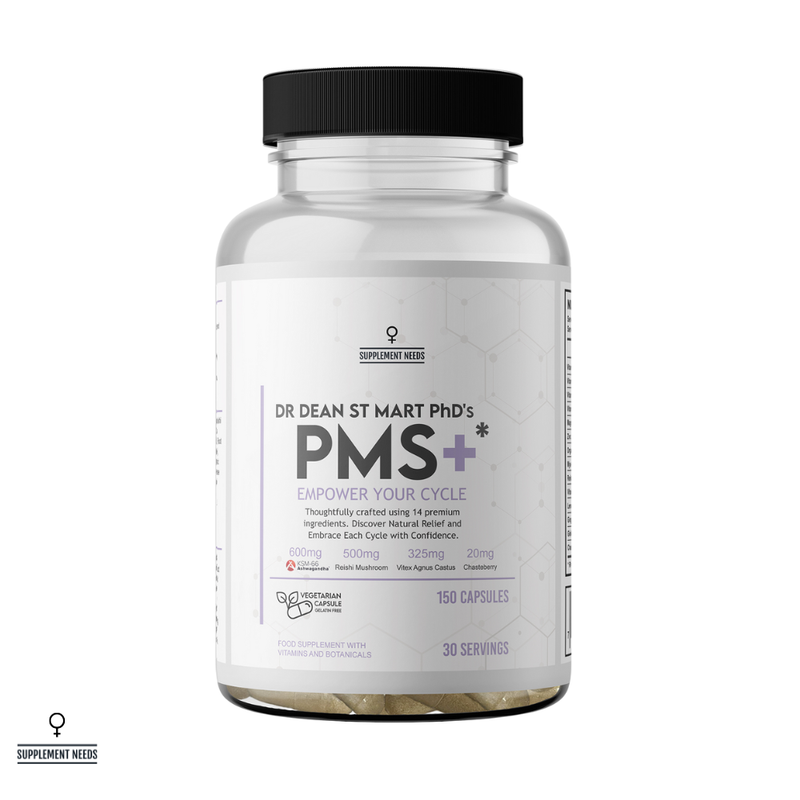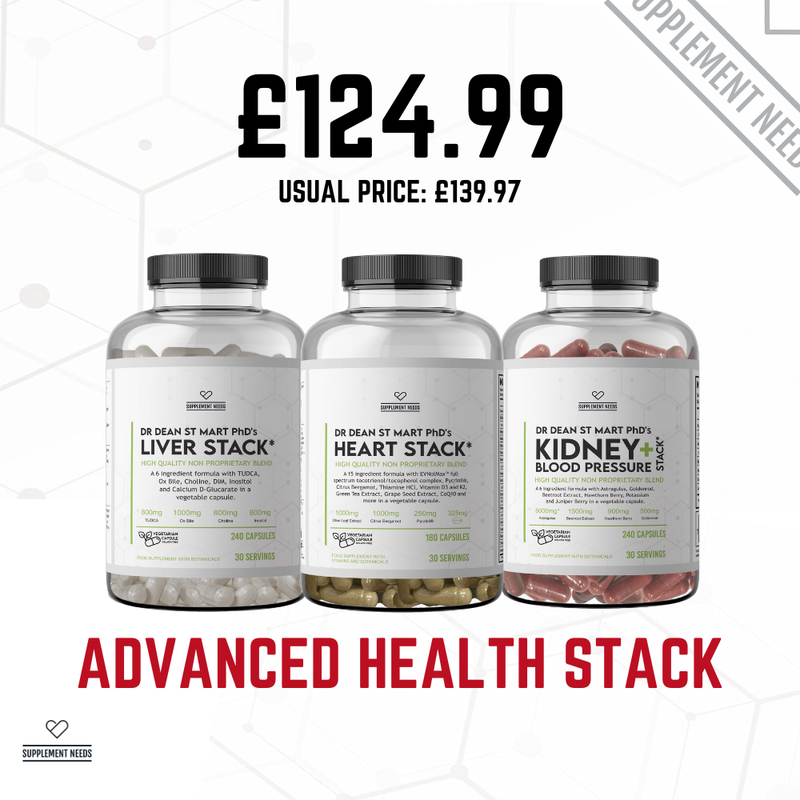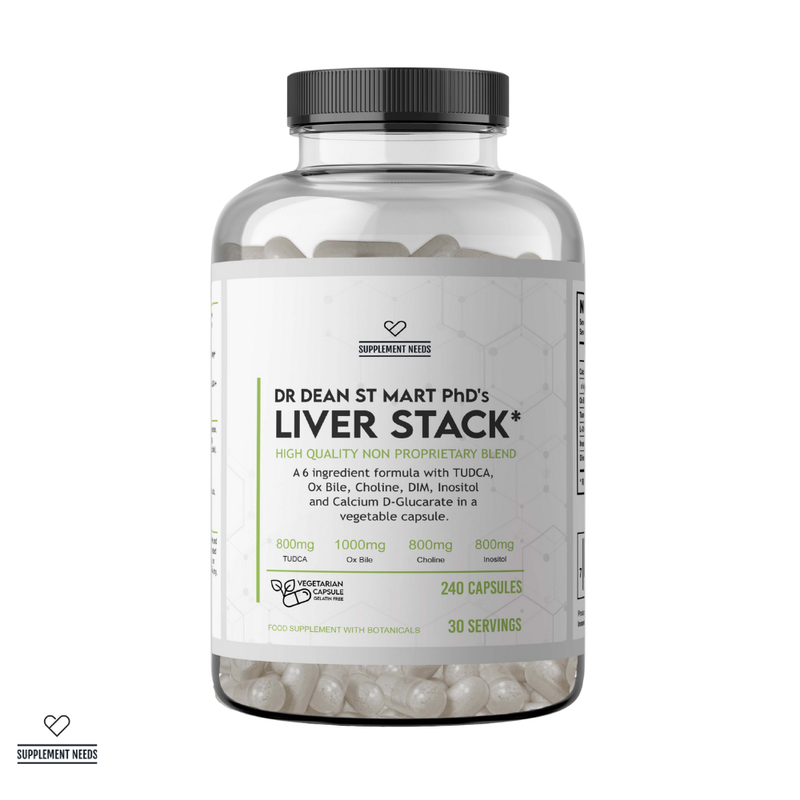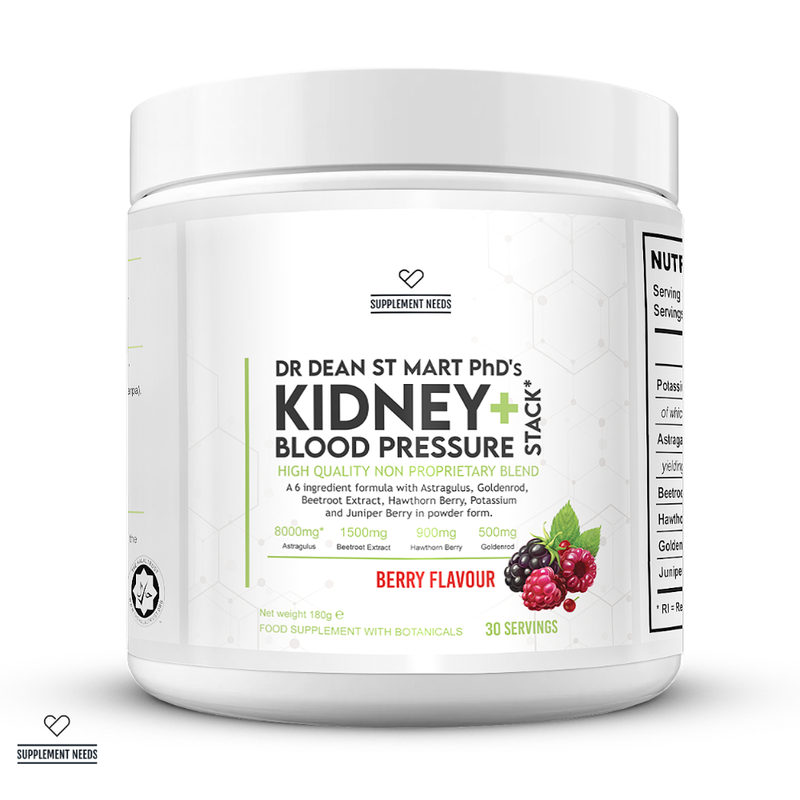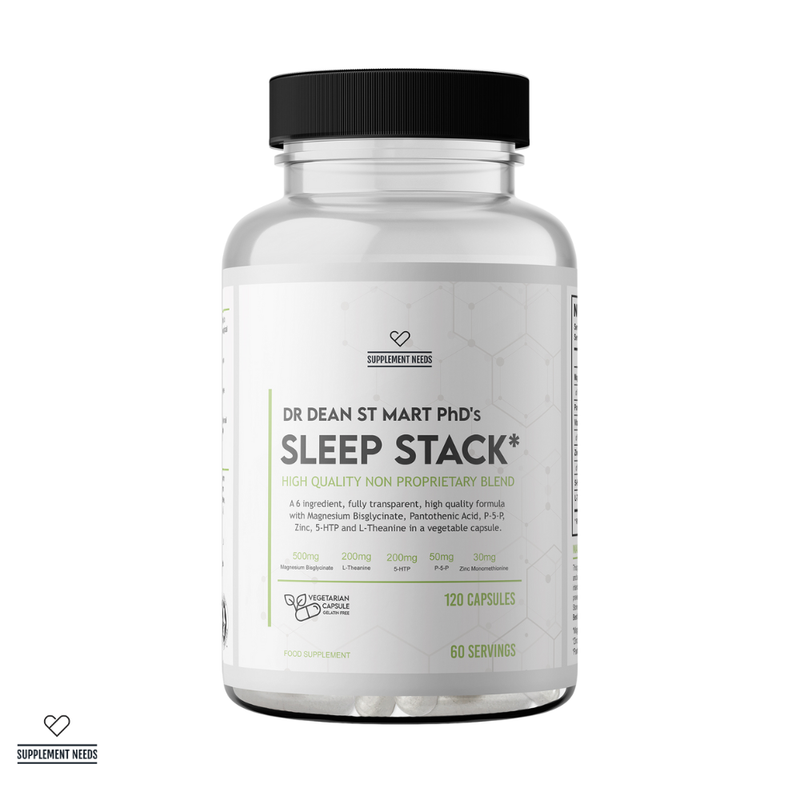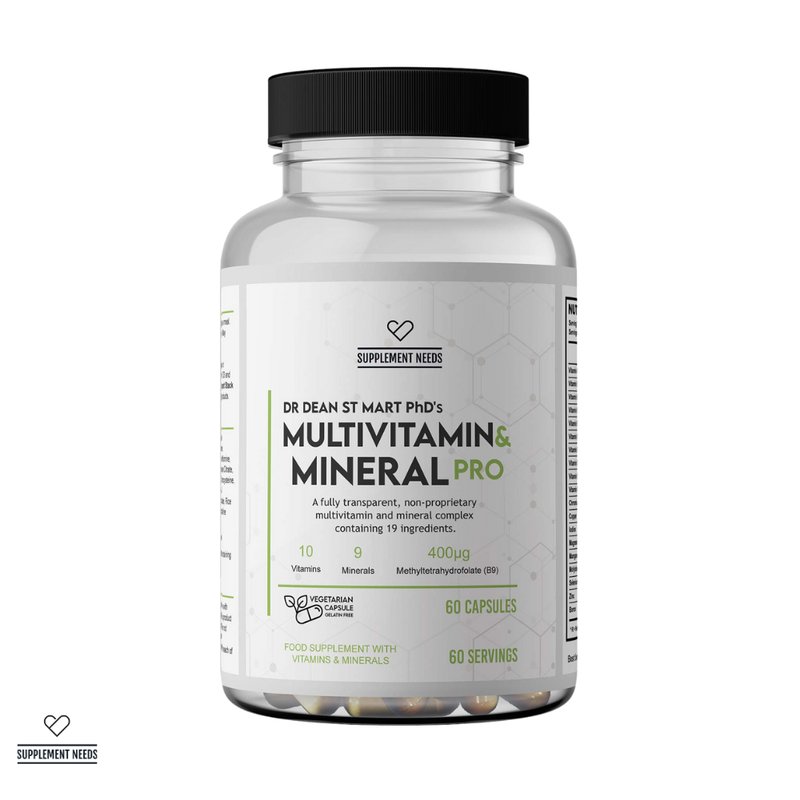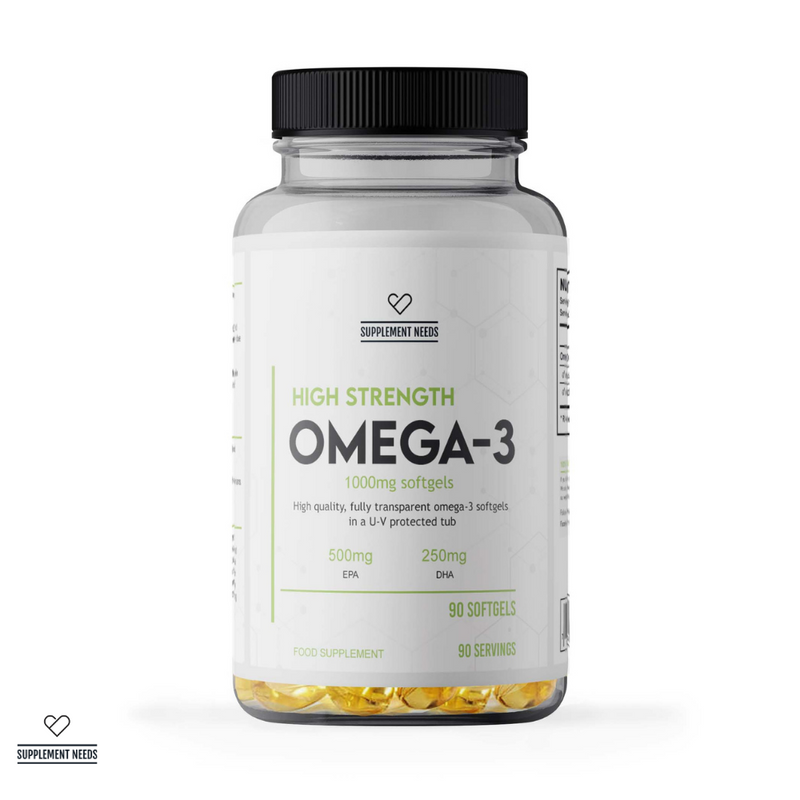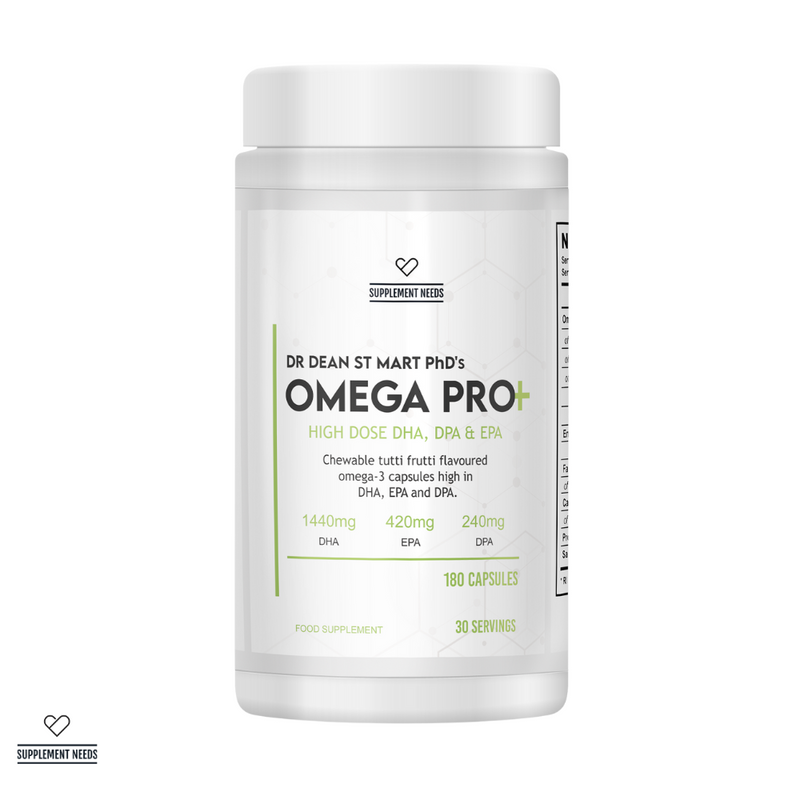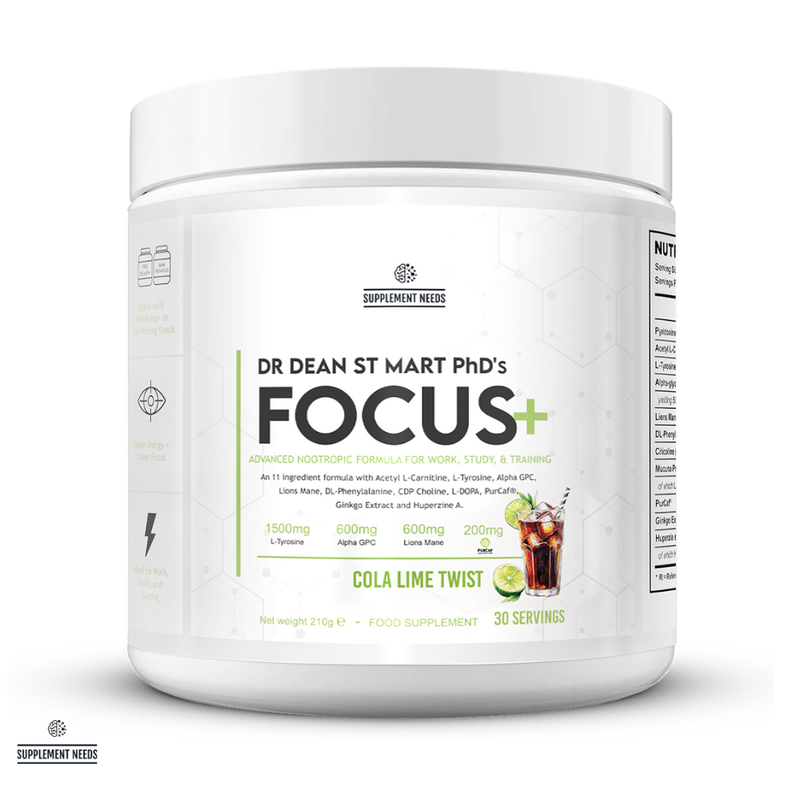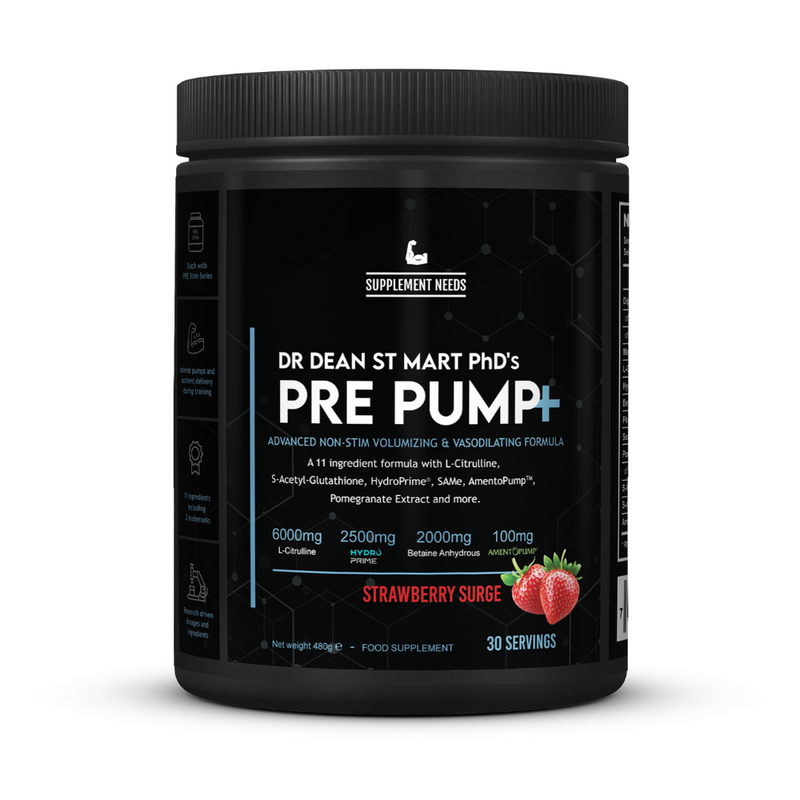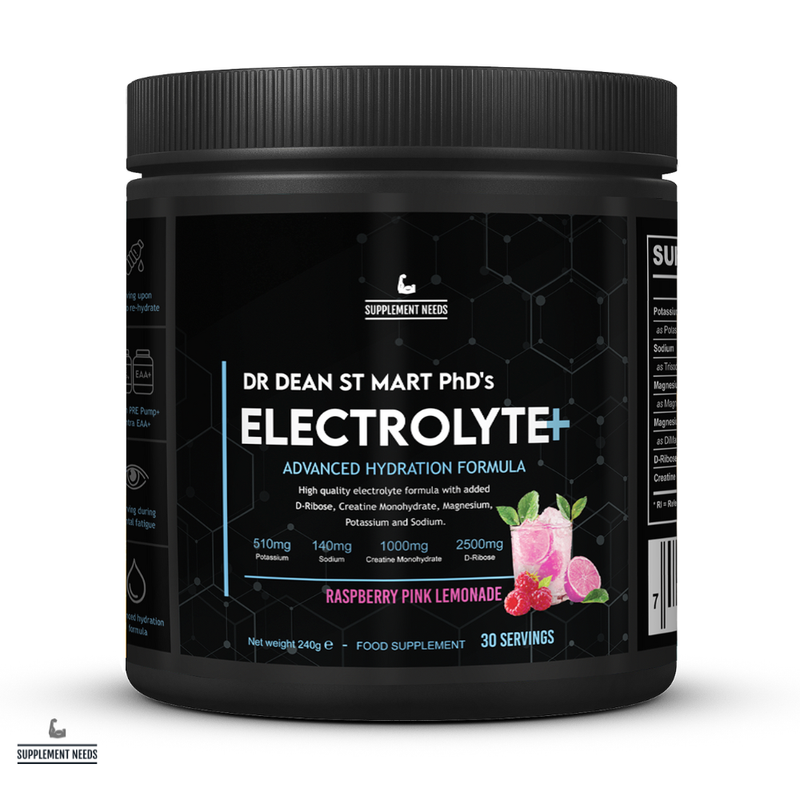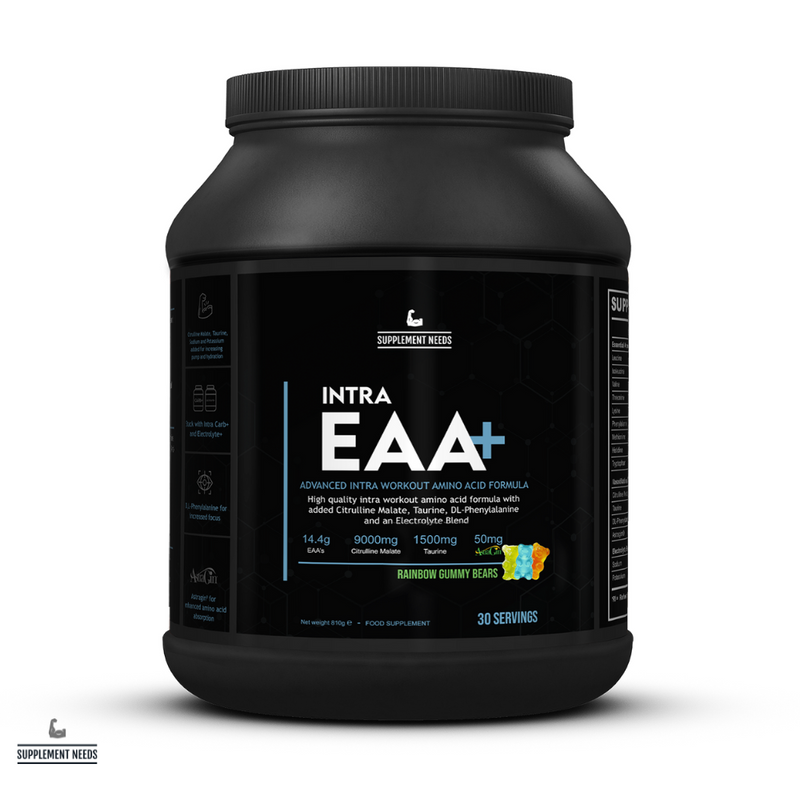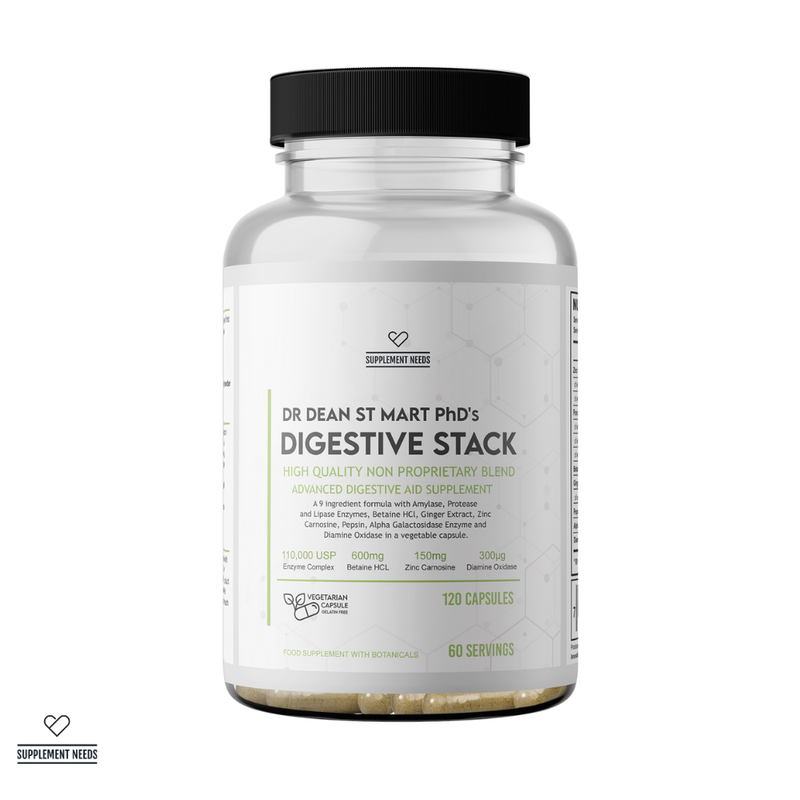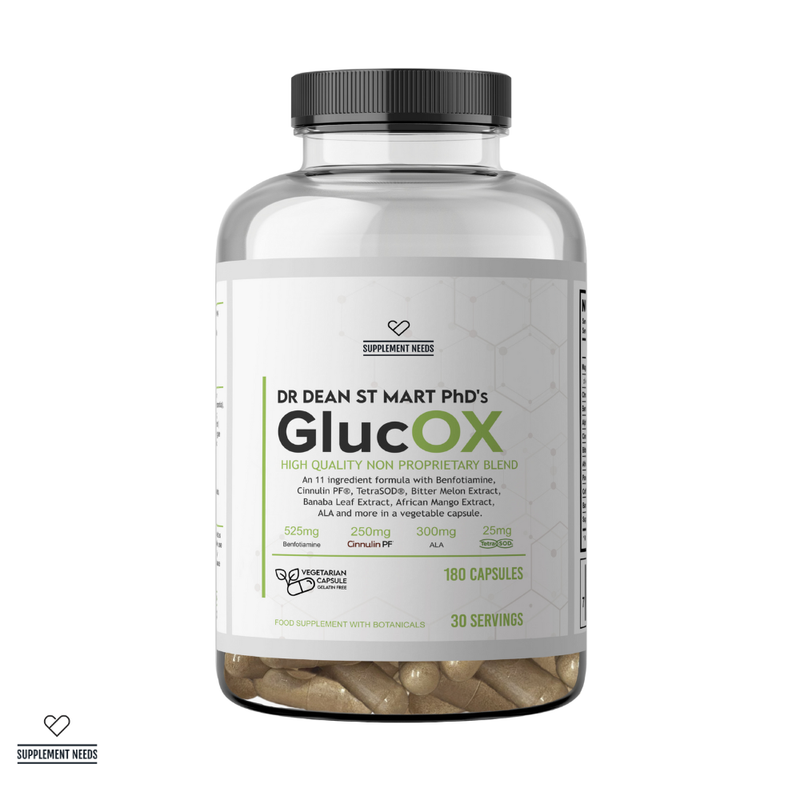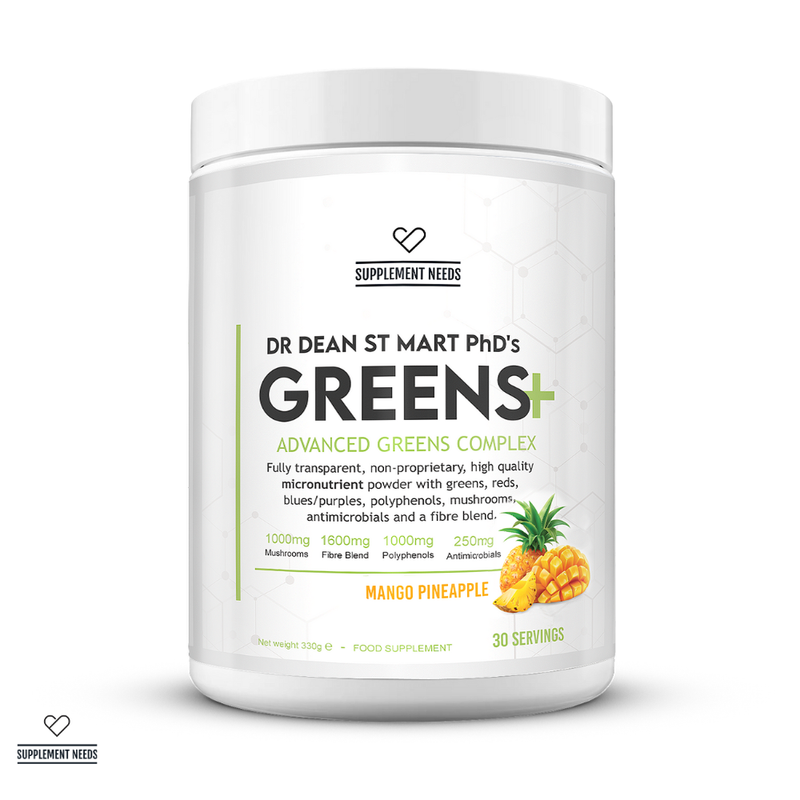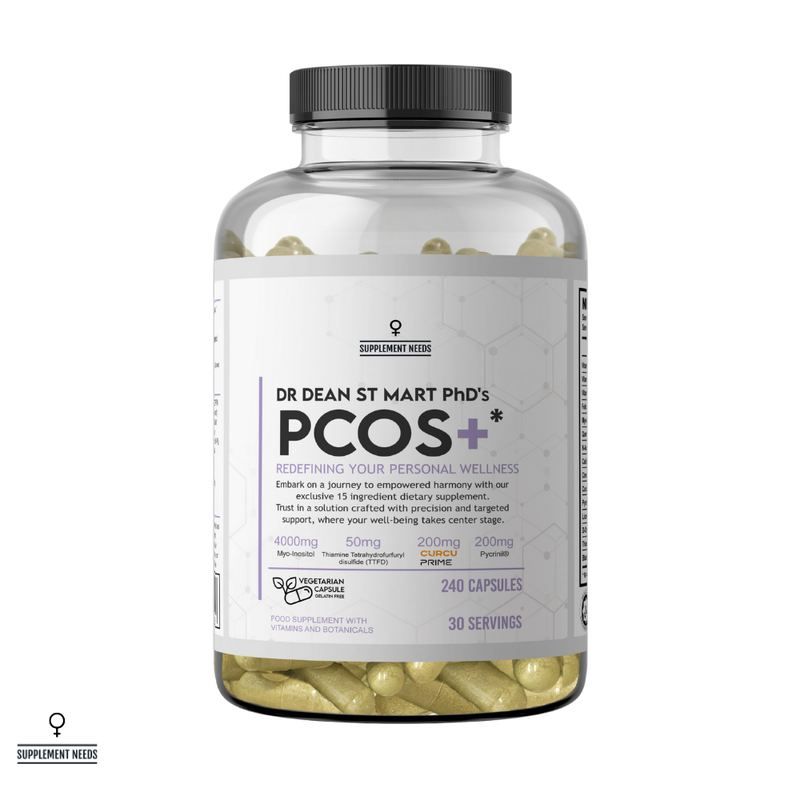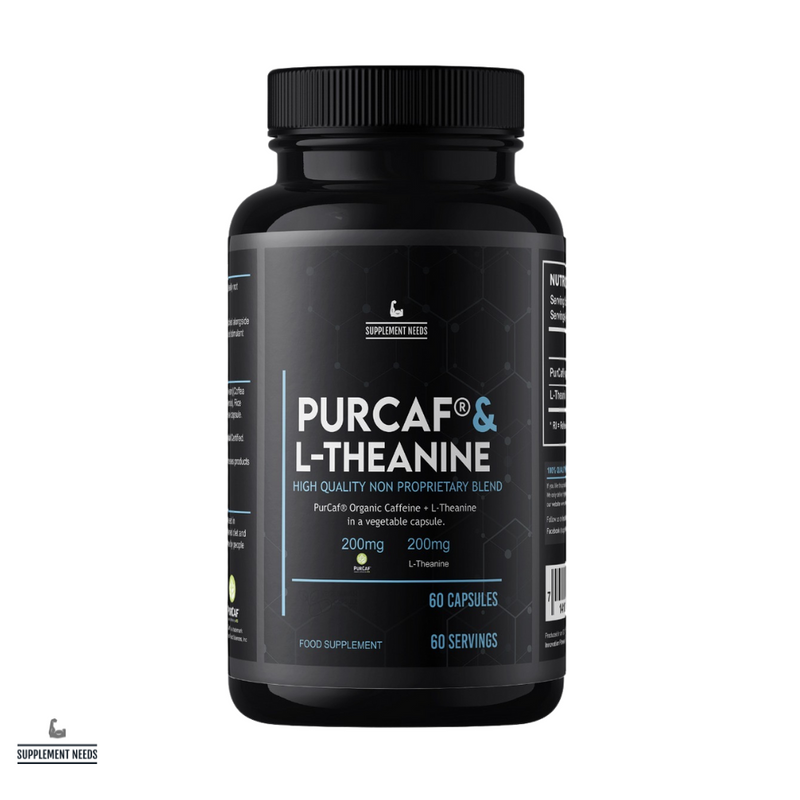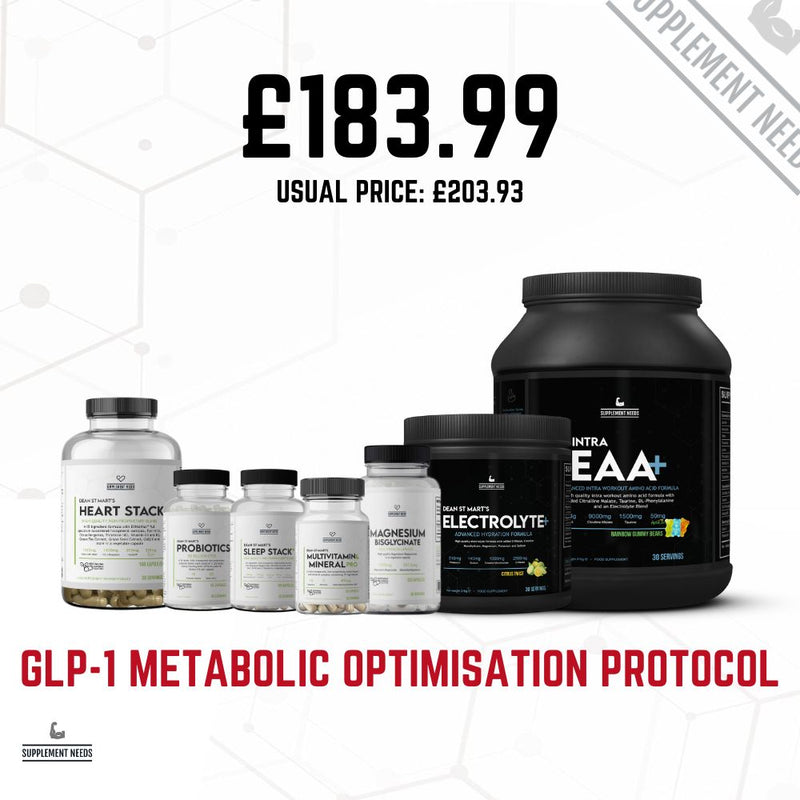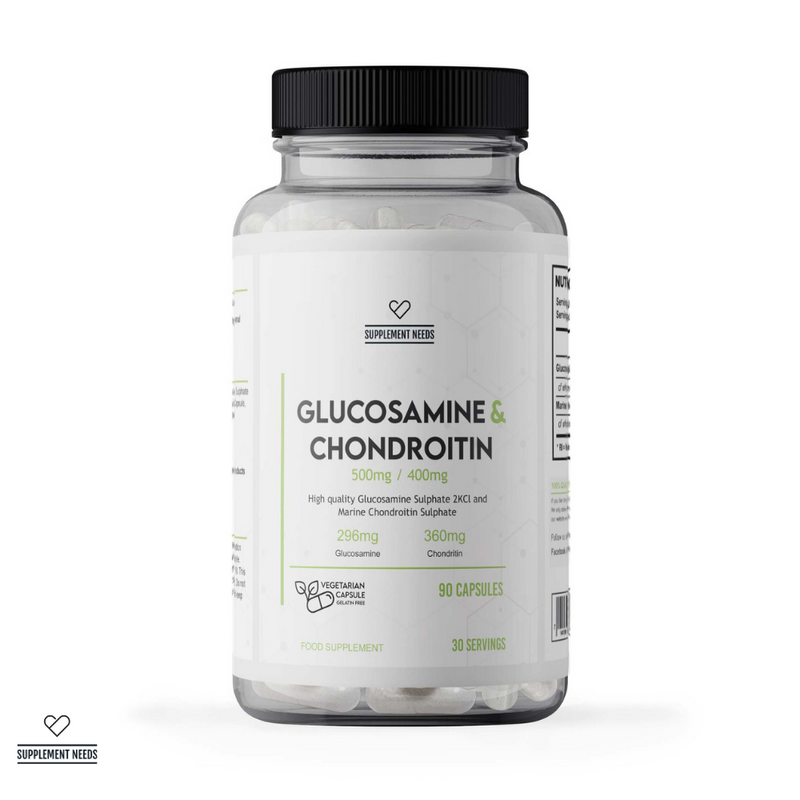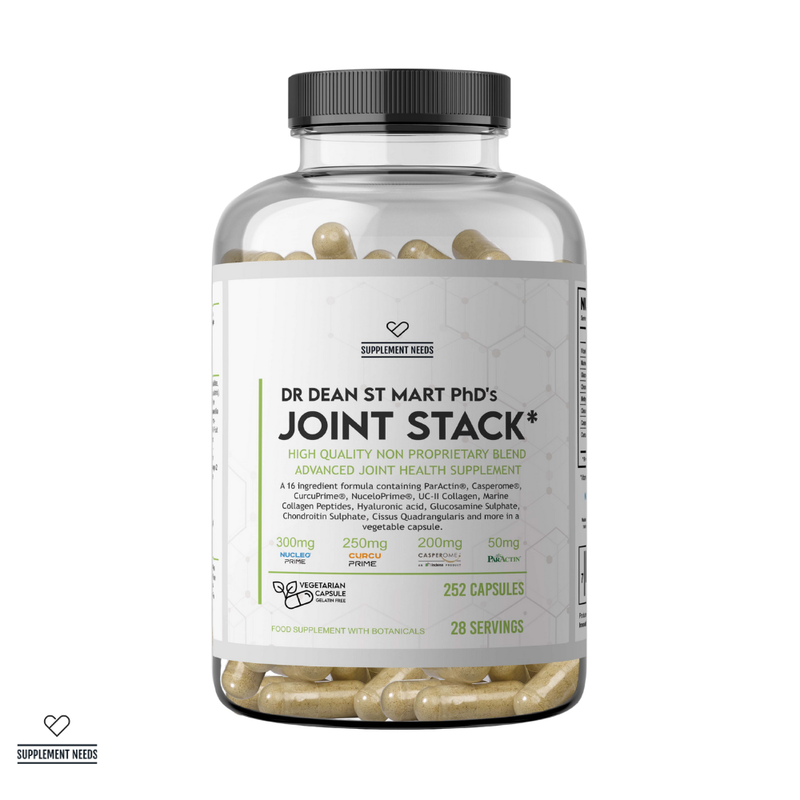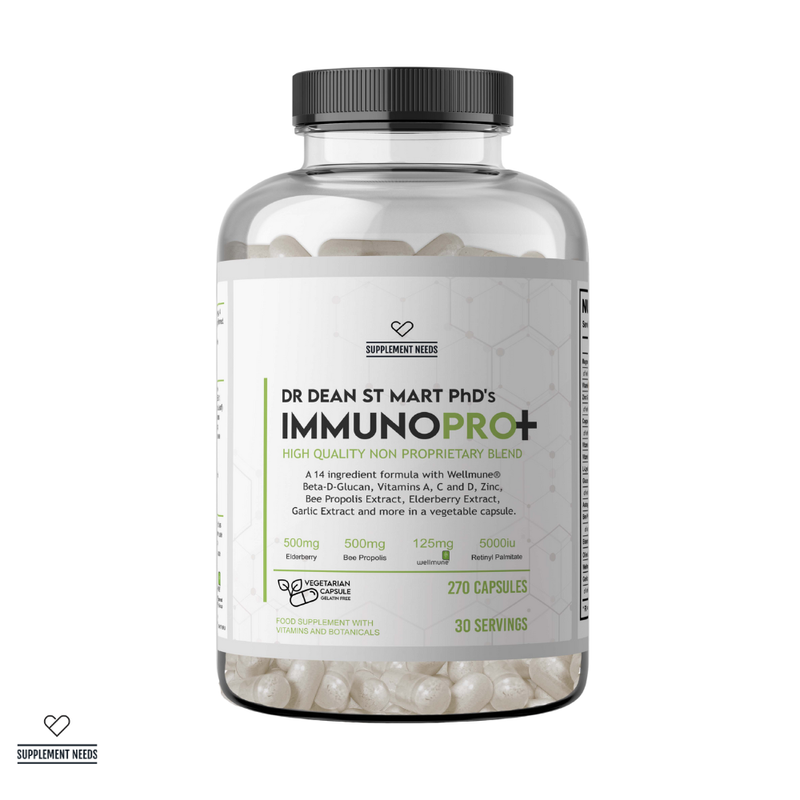There are three functional types of joints in the body (Juneja, Munjal & Hubbard, 2024), which are:
- Synarthroses: these joints are immobile, instead providing structural support like the joints that connect your skull plates. They’re correspondingly fibrous, with thick weaves of tissue (and typically contain high amounts of collagen).
- Amphiarthroses: these cartilaginous joints offer limited movement combined with structural support, like the joints that connect your ribs to the sternum. They have a layer of cartilage that acts as a cushion.
- Diarthroses: these are the joints that allow for movement, like at the knee, hip, and wrists to name a few. They’re classified as synovial, which means they have a fluid-filled sac (synovial membrane) to cushion between the bones and reduce friction as much as possible during movement.
What all of these joints have in common is that they’re constructed from the same base components, of which collagen and cartilage play a key role. Therefore, if you want to protect your joints, you need to choose the right compounds to support these tissues - like glucosamine supplements.
What is Glucosamine?
Glucosamine is a natural amino sugar that’s often described as a building block for glycosaminoglycans. Glycosaminoglycans (GAGs) are ‘negatively charged polysaccharide compounds’ that play a role in cell hydration, structural scaffolding, and cell signalling (Casale & Crane, 2023) and are a key constituent part of cartilage (NCCIH, 2023).
Or, to explain this another way, Glucosamine has been shown to help cells retain necessary fluids, pass messages between cells, and provide stability and support.
Within Glucosamine supplements, make sure to look out for Glucosamine Sulphate as the optimal form of this ingredient. This is because it’s been shown to have an increased bioavailability and decreased clearance rate compared to other forms, like Glucosamine Hydrochloride (Williams & Ampat, 2023).
Take Supplement Needs’ Glucosamine & Chondroitin for instance, which is developed with high-quality Glucosamine Sulphate (at 500 mg per single capsule serving) for optimal results.
What does Glucosamine do?
We briefly discussed that Glucosamine has a part in supporting cellular messaging and structure. But, alongside these important functions, Glucosamine is an essential part of cartilage formation due to its relevance in glycosaminoglycan synthesis.
Or, putting this more simply, Glucosamine is a key ingredient in making molecules called glycosaminoglycans, which are in turn key components of cartilage - with a particular focus on chondroitin and keratin sulphates (Horkay, Douglas and Raghavan, 2021).
Glucosamine is also considered to be chondroprotective, and has been shown to inhibit type II collagen degradation (Nagaoka, Tsuruta, & Yoshimura, 2019). This suggests that Glucosamine supplements have the potential to support healthy joint function by reducing the catabolism (breakdown) of collagen within joint cartilage.
Additionally, whilst further research is required, contemporary studies have shown Glucosamine to have a promising effect on managing joint pain (most notably in osteoarthritis, Vo et al, 2023).
Complementary ingredients
Whilst Glucosamine shows excellent chondroprotective qualities alone, it’s often combined with other ingredients that can help to support overall joint health and smooth function. We’ve picked out some of the main ingredients that can be included alongside Glucosamine below.
Chondroitin
Chondroitin, typically in the form of Chondroitin Sulphate in supplementation, is a natural glycosaminoglycan found in collagen and the extracellular matrix (Bishnoi et al, 2016).
Chondroitin is often included within Glucosamine supplements due to their complementary effects on joint health and pain management. In fact, research suggests that the combination of Glucosamine and Chondroitin has a positive impact on the management of joint pain and stiffness within arthritic participants (Meng, Liu & Zhou, 2022).
Alongside the chondroprotective abilities, Chondroitin and Glucosamine have been shown to activate the joint cartilage matrix proteins, which helps to maintain healthy joint function (Marczyński et al, 2022). Chondroitin also exhibits strong anti-inflammatory properties that help to prevent joint space narrowing and swelling, reducing future pain and motion-loss (Iovu, Dumais & Du Souich, 2008).
Tip - want to easily supplement your diet with both Glucosamine and Chondroitin? Then buy Supplement Needs Glucosamine & Chondroitin.
Collagen
Collagen is the most abundant protein found within the human body, making up more than two thirds of articular cartilage, and approximately 60% of the weight of hyaline cartilage, amongst other bodily tissues (Alcaide-Ruggiero et al, 2021).
Since it’s such an essential part of cartilage, it’s unsurprising that collagen is frequently included in premium Glucosamine supplements designed to support and protect joints. Collagen has been shown to ‘decrease extracellular matrix degradation; inhibit inflammatory cytokines; improve joint stability, functional capacity, and stiffness/mobility, and muscle recovery; reduce pain; and mitigate markers of joint cartilage degradation’ (Dias Campos et al, 2023).
Or, to put this another way, choosing to supplement with Collagen can potentially improve joint mobility, health, and reduce the breakdown of cartilage around your joints over time.
TIp - want to supplement your diet with additional Collagen? Then consider adding Supplement Needs Joint Stack to your daily diet. It contains an impressive 2,500 mg of Marine Collagen Peptides per nine capsule serving.
Vitamin C
Vitamin C is an all-round superb vitamin for supporting your health and immune system.
With regards to joint health, Vitamin C plays a vital role in extracellular matrix and collagen synthesis (Dunlap et al, 2021). As both of these are key components of cartilage, Vitamin C has a complementary impact to joint health supplements, like those containing Glucosamine.
If you want to add a highly concentrated and bioavailable form of Vitamin C to your diet, then buy Supplement Needs Liposomal Vitamin C.
Curcumin
A well-known anti-inflammatory, Curcumin is an excellent complementary ingredient for managing overall joint health (Shokri-Mashhadi et al, 2021). This explains why it’s frequently seen in the best joint health supplements alongside ingredients like glucosamine and collagen.
One of the easiest ways you can supplement your body with additional Curcumin is to invest in a supplement like Supplement Needs Liposomal Curcumin with Reservratol.
What to look for when buying Glucosamine
Glucosamine, alongside additional ingredients like Chondroitin or Collagen, is an excellent addition to your joint health routine. But, not all Glucosamine supplements are made equal.
So, how do you know you’re getting the best?
At Supplement Needs, we have several principles that help us stand above the crowd, including:
- Full ingredient transparency: this means you know exactly what you’re putting into your body, where it comes from, and how much is included in each formula.
- Quality manufacturing: all of our supplements are made in the UK according to Good Manufacturing Practice (GMP) and ISO standards. This ensures everything in our range is safe, effective, and consistently high-quality.
- Expert knowledge: our supplements are researched and formulated by Dr Dean St Mart PhD. Holding a double first class honours degree in chemistry and pharmaceutical chemistry, and a PhD in synthetic organic chemistry and fluorescence spectroscopy, you can reap the benefits of Dean’s knowledge and experience in the supplements sphere.
Protect your joints with Glucosamine from Supplement Needs
Supporting your joints with premium Glucosamine supplements has never been easier.
Shop online today with Supplement Needs to receive free delivery on all orders over £20 (with worldwide shipping available). Plus, order before 3pm Monday to Friday for same-day dispatch, so you can get your new supplements in no time!
